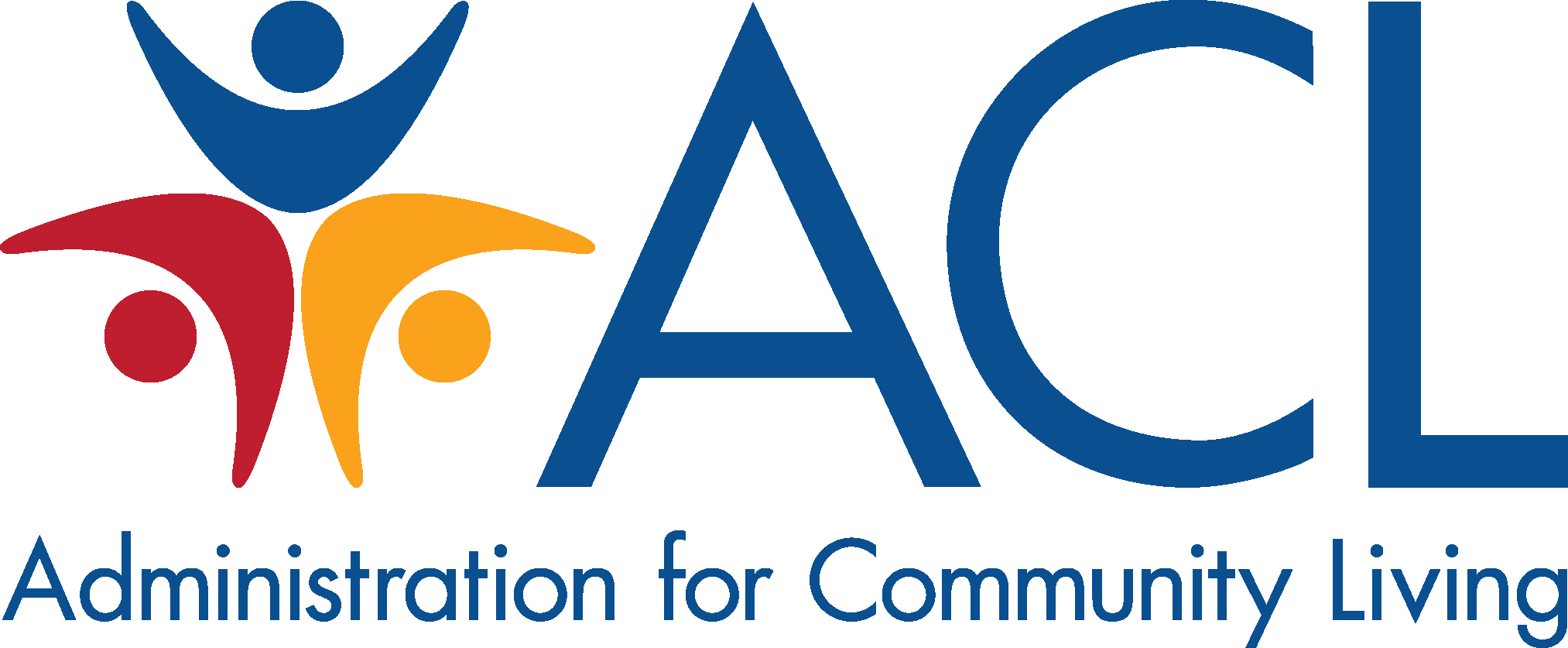Project Title
Living Well! (A Better Way to Live At Home: Education, Resources, and Supports for Older Adults)
Community
The Living Well! project worked primarily with adults aged 50 and older and adults with disabilities living in public housing properties with high concentrations of low-income older adults, including 4 properties in Austin, Texas and 2 complexes in Georgetown, Texas.
Goals
The goal of Living Well! was to build partnerships between local agencies and public housing authorities, and provide a combination of direct services, healthy aging programs, resident and staff education, and opportunities for civic and social engagement to promote a community in which older adults are active and engaged and barriers to aging in place are proactively addressed. Specific objectives were to:
- establish an effective program for promoting aging in place,
- develop a community culture for aging in place,
- maintain or improve the physical and mental health of older adults,
- increase opportunities for socialization and learning, and
- reduce the rate at which older adults move out of the properties involved in this project.
Selected Accomplishments
Specific accomplishments of the Living Well! project include:
- Implementing a replicable model to promote aging in place by engaging local public housing authorities to adopt and support an “enhanced” service coordination model.
- Facilitating the formation of two large local collaboratives: the HACA (Housing Authority of the City of Austin) Collaborative, which includes 13 organizations and governmental agencies, and the Georgetown Aging Initiative, with an advisory board of 17 community leaders and service providers.
- Developing programs and activities based primarily on resident wants and needs, as identified through baseline assessments, focus groups, and surveys (for example the Health Indicators survey was implemented to identify residents’ health risks and ensure that programming addresses their health care needs, and 1,847 residents completed the AdvantAge Initiative survey in Georgetown).
- Providing evidence-based programs (EBPs) to address memory improvement, fall prevention, medication management, and disease self-management.
- Engaging residents in activities that promote aging in place. For example, in the Austin properties, 92% of the 438 eligible residents engaged in Living Well! activities; and 29 of 30 Living Well service recipients who were at risk of losing their housing were able to stay in their homes.
- Conducting a variety of activities – tailored to each site – to engage community members of all ages.
Additional Products
- Community Bloom: Finding The Strengths Growing in a Community, a summary report of the appreciative inquiry assessment (Juli Earley, Spring 2010)
- Program Brochures
- Benefits of Volunteering Brochure
- HACA Bucks FAQ
- Poster: Elders Living Well
- The Georgetown Aging Initiative AdvantAge Initiative Survey Report (2011)
- Health Indicators: Getting and Using Health Risk Data: 2012 Presentation by Joyce Hefner (Project Coordinator, Family Eldercare)
- Living Well! A Partnership in Public Housing: 2012 Presentation by Joyce Hefner (Project Coordinator, Family Eldercare)
Other
After the CIAIP project period, Living Well! continued to have service coordination staff placed at Housing Authority sites. The Housing Authority of the City of Austin (HACA) provided part of the funding and the rest was raised through a local foundation. HACA also received a Choice Neighborhood grant and Family Eldercare participated in the 2 year planning grant. The geographic area includes one of the properties served by the Living Well! project. In the Georgetown area, funding from the St. David’s Foundation enabled Living Well! to continue to support residents and programs at their CIAIP housing sites as well as expand to others.
Living Well! also continued to teach CDSM/DSM (Chronic Disease Self Management and Diabetes Self Management) classes in Austin and Georgetown. Their partners, AGE of Central Texas (Brain Boosters classes) and WeViva (exercise classes) are working together to offer a combined curriculum of memory improvement classes and exercise. They received a 2 year grant from the WellMed Foundation to keep the classes going. Yoga classes, writing workshops, and craft classes continue through external volunteer support.
The Topfer Family Foundation also provided funding for a staff position to facilitate the piloting of a care transitions project with Lone Star Circle of Care, a local Federally Qualified Health Center (FQHC) and member of the Seton Health Alliance Clinically Integrated Network (the Accountable Care Organization (ACO) Network).
Helpful links and tools:
- http://www.vnsny.org/advantage/survey.html
- http://www.norcblueprint.org/health_indicators/
- http://appreciativeinquiry.case.edu/
- http://www.bu.edu/cader/
Partner links:
- Housing Authority of the City of Austin: www.hacanet.org
- Area Agency on Aging of the Capital Area: http://www.capcog.org/divisions/area-agency-on-aging/
- Age of Central Texas: http://www.ageofcentraltx.org/
- WeViva: http://weviva.org/
- Helping the Aged, Needy, and Disabled: http://www.handaustin.org/
- Meals on Wheels and More: http://www.mealsonwheelsandmore.org/
- University of Texas at Austin School of Social Work: http://www.utexas.edu/ssw/cswr/researchers/
- http://www.utexas.edu/ssw/field/grace-program/
- Georgetown Housing Authority: http://www.georgetownha.org/
- City of Georgetown Aging Initiative: https://files.georgetown.org/georgetown-aging-initiative-survey-summary-report/
Contact
Family Eldercare
www.familyeldercare.org
Joyce Hefner
Project Coordinator
JHefner@familyeldercare.org
***
Click here for a detailed case study of the CIAIP Living Well! project, including accomplishments, challenges, and lessons learned.




